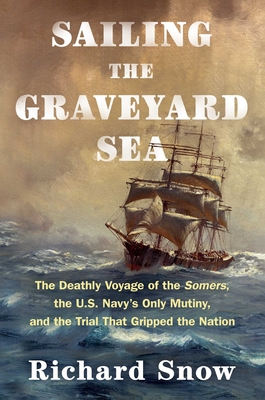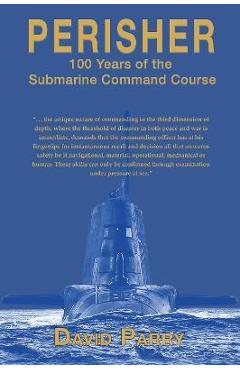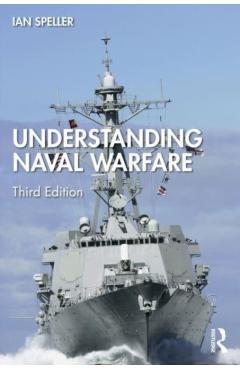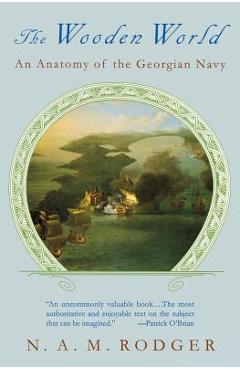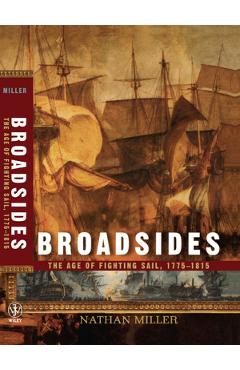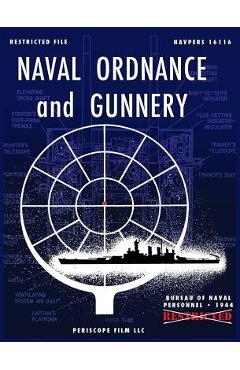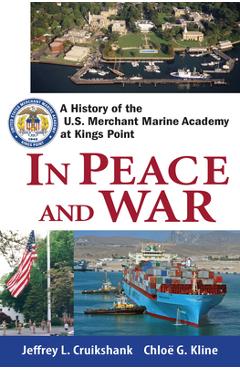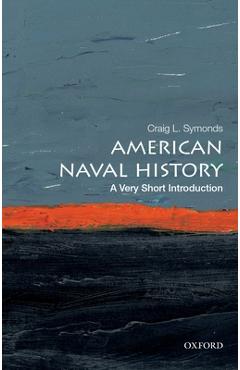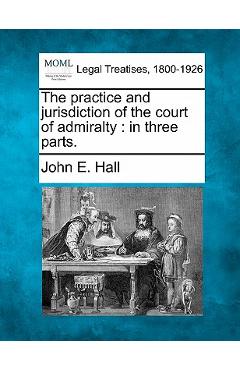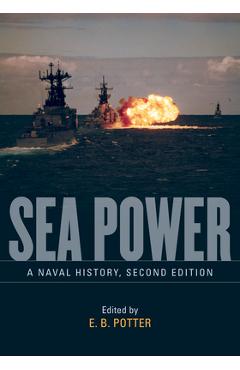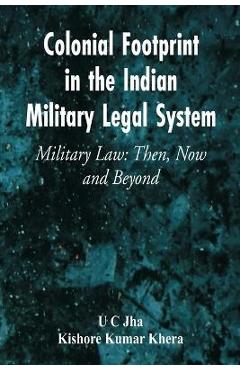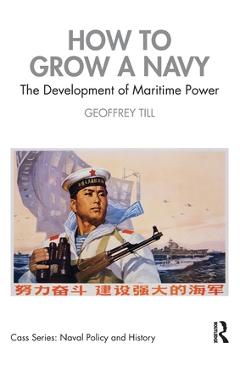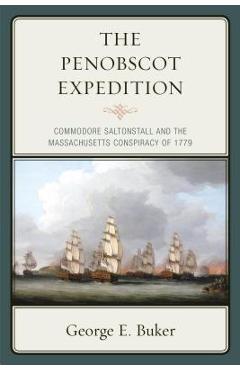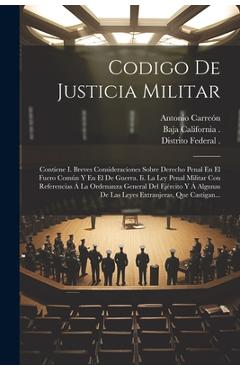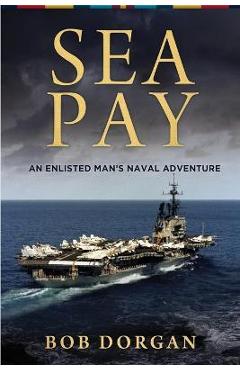A riveting account of the only mutiny in the history of the United States Navy--a little-known event that cost three innocent young men their lives--part murder mystery, part courtroom drama, and as propulsive and dramatic as the bestselling novels of Patrick O'Brian. On December 16, 1842, the US brig-of-war
Somers dropped anchor in Brooklyn Harbor at the end of a cruise intended to teach a group of adolescents the rudiments of naval life. But this seemingly harmless exercise ended in catastrophe. Commander Alexander Slidell Mackenzie came ashore saying he had narrowly prevented a mutiny that would have left him and his officers dead. Some of the thwarted mutineers were being held under guard, but three had been hanged: Boatswain's Mate Samuel Cromwell, Seaman Elisha Small, and Acting Midshipman Philip Spencer, whose father was the secretary of war, John Spencer.
Eighteen-year-old Philip Spencer, according to Mackenzie, had been the ringleader who encouraged the crew to seize the ship and become pirates, raping and pillaging their way across the old Spanish Main. And while the young man might have been a rebel fascinated by pirates, it soon became clear the order that condemned the three men had no legal basis. And worse, that perhaps a mutiny had never really occurred, and that the ship might instead have been seized by a creeping hysteria that ended in the sacrifice of three innocents.
Months of accusations and counteraccusations were followed by a highly public court martial which put Mackenzie on trial for his life, and a storm of anti-Navy sentiment drew the attention of the leading writers of the day (Washington Irving thought Mackenzie a hero; James Fenimore Cooper damned him with a ferocity that still stings). But some good did come out of it: public disgust with Mackenzie's training cruise gave birth to Annapolis, the place that within a century, would produce the greatest navy the world had ever known.
Vividly told and filled with tense action based on court martial transcripts, Snow's masterly account of this all-but-forgotten episode is naval history at its finest.
